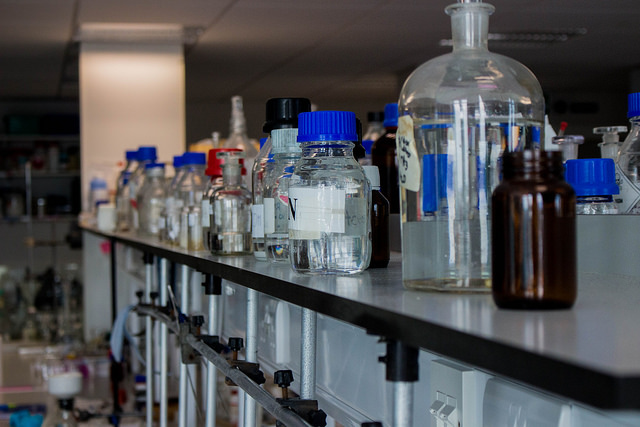New preclinical research carried out by Trinity scientists has found that targeting overactive immune cells and limiting their negative effects may be the key to developing new treatments for traumatic brain injury.
The researchers have found that “resetting” immune cells may be a very effective therapeutic strategy for traumatic brain injury recovery.
The research, which was carried out in collaboration with the University of Maryland School of Medicine, also suggests that the impact of traumatic brain injury on brain degeneration may be modifiable a relatively long time after the injury was sustained – which contradicts current thinking.
In a press statement, David Loane, a research assistant professor in Trinity’s school of biochemistry and immunology, said: “These preclinical studies suggest that the consequences of TBI on brain degeneration and related neurological impairment may be modifiable quite a long time after injury by targeting inflammation pathways, which is a finding at odds with widely accepted views about head injury.”
“The exciting thing”, Loane said, “is the possibility that we may one day be able to minimise brain degeneration and neurological impairment in people who have suffered a TBI. It will of course always be incredibly important to act quickly whenever someone suffers a TBI, but our findings suggest targeting inflammation pathways further down the treatment line may make a major difference to long-term brain health and recovery”.
Loane has recently set up a state-of-the-art, preclinical research laboratory in Trinity to study the neuroimmunology of TBI and related dementias.







